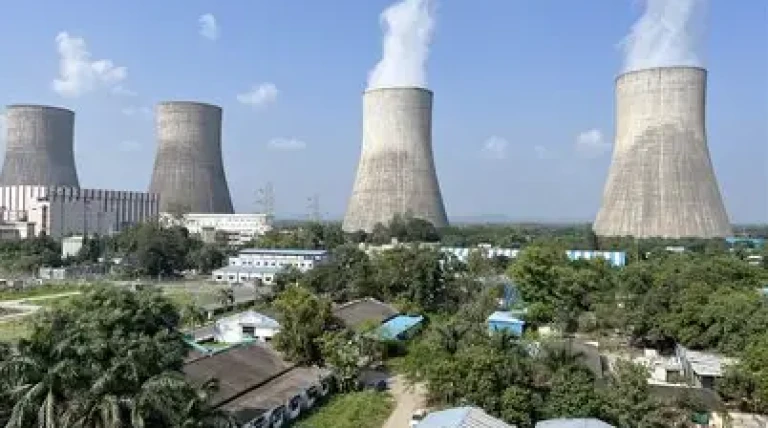India is considering a policy shift to allow private sector participation in the operation of nuclear power plants, moving away from the current public sector monopoly.
The government is in the early stages of developing a regulatory framework that would permit qualified private companies to enter the nuclear energy sector. Discussions are focused on establishing eligibility criteria based on financial strength, technical expertise, and a demonstrated track record in executing large-scale infrastructure projects.
Proposed amendments to the Atomic Energy Act and the Civil Liability for Nuclear Damage Act are currently under legal review to facilitate this transition. A senior official noted, “The idea is to enable participation from well-established companies with strong financials and a history of delivering major projects. The company must be a going concern with a healthy financial outlook.”
Key criteria under discussion include sustained profitability over a defined period and experience in high-value infrastructure development. This initiative aligns with the Viksit Bharat 2047 vision, which aims to scale up India’s nuclear power capacity from the current 8.8 GW to 100 GW by 2047, with an interim goal of 22 GW by 2032.
Despite the policy push, investor concerns around the civil liability framework—designed to address compensation in the event of nuclear accidents—remain a significant hurdle. At present, the Nuclear Power Corporation of India Ltd. (NPCIL) operates all 23 nuclear reactors in the country.
News by Rahul Yelligetti.
![{[setting('site_name')]}](https://projxnews.com/uploads/setting/16983847711140531930.webp)












